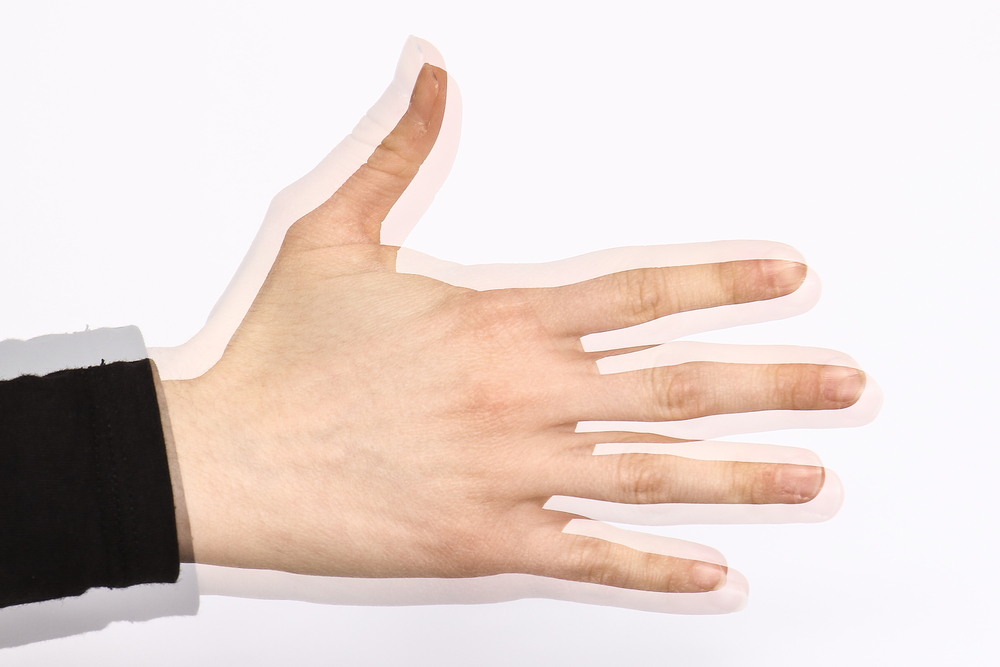
Double vision, or diplopia, is a condition where the eye sees two images when looking at a single object. In some cases, double vision can be a temporary issue. However, it can also be a symptom of a serious health condition. Sometimes, double vision can be solved by getting a new lens prescription. It is crucial to get a comprehensive eye exam to determine the underlying cause of double vision.
Understanding Double Vision
Diplopia can be classified as monocular or binocular—it can affect one or both eyes. Monocular diplopia occurs when an individual uses one eye, while diplopia occurs when both eyes are open.
Monocular double vision is more common and, in most cases, less severe. Binocular diplopia can be caused by eye misalignment and is usually a result of serious underlying conditions. Double vision can be horizontal or vertical, depending on the cause.
What Causes Double Vision?
There are several possible causes of double vision, the most common being astigmatism, dry eye syndrome, cataracts, and iris abnormalities. Wearing poorly-fitting eyeglasses or contacts can cause double vision.
Other causes are misaligned eyes, brain aneurysms, strokes, and cranial nerve issues. Double vision can also be caused by underlying conditions and health issues such as diabetes, myasthenia gravis, proptosis, keratoconus, and vertigo.
Symptoms of Double Vision
There are several symptoms associated with double vision. They include:
Headaches
Dizziness
Nausea
Eye pain, especially when moving the eyes
Blurry or unclear vision
Diagnosing Double Vision
Diagnosing double vision will involve establishing the underlying cause and other conditions. An ophthalmologist or optometrist will perform a physical exam. Those with monocular diplopia may not need additional tests.
For those with binocular diplopia, imaging tests are conducted, including magnetic resonance imaging (MRI) and computer tomography (CT) scan. Blood tests may also be required. The tests allow the doctors to examine the eyes and the surrounding areas. From the tests, specialists can identify brain, bones, or spine issues.
How Double Vision Is Treated
Treating double vision depends on the underlying cause. The doctor may recommend remedies to eliminate the symptoms. Treatment can involve adjusting lens prescription or covering one eye for some time. It may also involve wearing specially designed eyeglasses, contact lenses, or surgery to correct eye positioning.
Laser surgery can reshape the cornea, treating the vision problem. Cataract surgery can help treat double vision. Treating dry eye syndrome will eliminate double vision for patients with dry eye syndrome. Eye exercises can help reduce the symptoms. The doctor will recommend the best treatment based on your condition.
Double vision can affect movement, balance, and the ability to work. Taking good care of your eye health can prevent double vision symptoms. Take regular breaks when using digital devices, avoid smoking, and wear protective eyewear outdoors or when working.
Scheduling regular eye exams help detect issues before they become severe or cause complications. Some patients benefit from Botox injections in the eye muscles to treat some types of diplopia.
For more on how double vision is treated, visit Houston Dry Eye Clinic at our Houston, Texas, office. Call (713) 664-4760 to schedule an appointment today.




